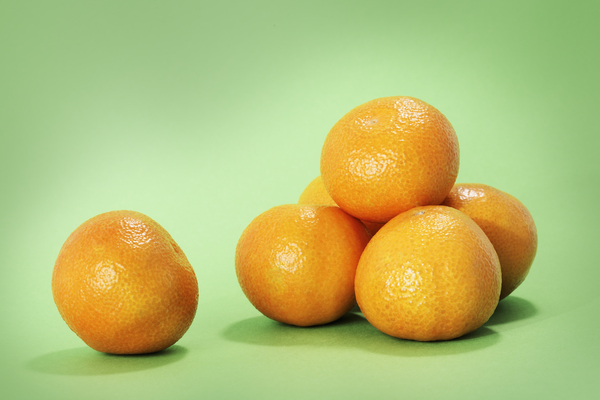Mandarin oranges, also known as “mandarins” or “tangerines,” are small, easy-to-peel, and sweet citrus fruits that are popular around the world. They are not only delicious but also rich in essential vitamins and minerals, making them a healthy addition to your diet. When buying mandarin oranges, consider the following factors to ensure you pick the best quality fruit:
- Seasonality: Mandarin oranges have a peak season during the winter months, typically from November to February, depending on the variety and region. During this time, you’ll find the freshest and most flavorful mandarins. Off-season fruits may be imported from other regions and might not be as tasty.
- Varieties: There are several mandarin orange varieties, each with its unique flavor profile and characteristics. Some popular types include Clementines, Satsumas, Murcotts, Honey mandarins, and Tangerines. Taste different varieties to discover your favorite.
- Appearance: Look for mandarin oranges that have a bright and vibrant orange color. Avoid fruits that have green patches or blemishes, as they may not be fully ripe. The skin should be smooth, thin, and firm to the touch.
- Size: Mandarin oranges vary in size, but generally, smaller fruits tend to be sweeter and juicier. However, larger ones may be easier to peel.
- Weight: Pick up the mandarins and feel their weight. A heavier fruit often indicates juiciness and freshness.
- Aroma: Gently squeeze the mandarins to release their aroma. A sweet, citrusy fragrance indicates ripeness and good flavor.
- Skin Texture: The skin should be relatively loose to facilitate easy peeling. Avoid fruits with excessively tight or hard skin.
- Seedless vs. Seeded: Some mandarin orange varieties are seedless, while others may contain seeds. Choose based on your preference. Seedless varieties are generally more convenient for eating.
- Organic vs. Conventional: Decide whether you prefer organic mandarins, which are grown without synthetic pesticides and fertilizers. Organic options may have a higher price but can be a healthier choice.
- Packaging: Check the packaging for any damage or signs of mishandling. Well-packaged mandarin oranges are less likely to be bruised or damaged during transit.
- Local vs. Imported: Whenever possible, choose locally grown mandarins, as they are likely to be fresher and support the local economy. However, if mandarins are out of season in your region, imported options can still be a good choice.
- Check for Ripeness: If you plan to consume the mandarins immediately, choose fully ripe fruits. If you want them to last longer, opt for slightly underripe ones and allow them to ripen at home.
Remember to store mandarin oranges in a cool, well-ventilated area away from direct sunlight. When properly stored, they can last for several days to a couple of weeks.
By following this buyer’s guide, you can pick the best mandarin oranges available, ensuring a delightful and satisfying citrus experience. Enjoy the sweetness and health benefits of these delicious fruits!
